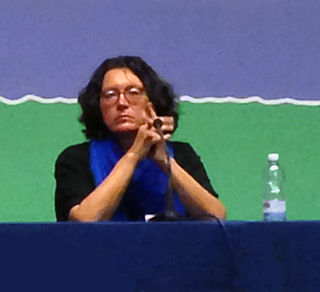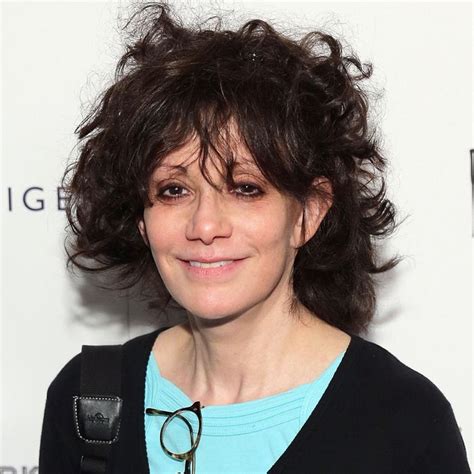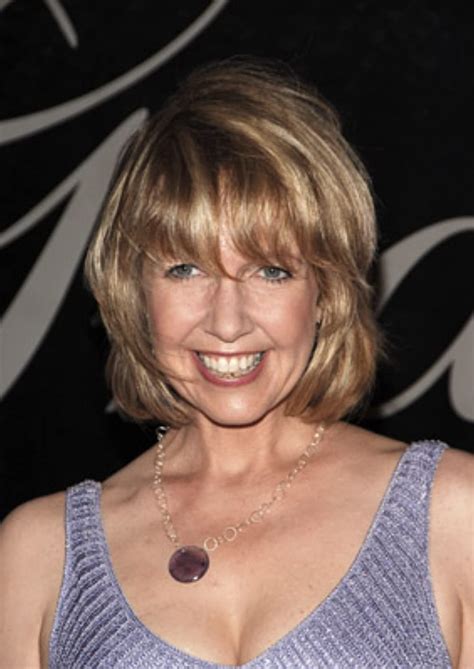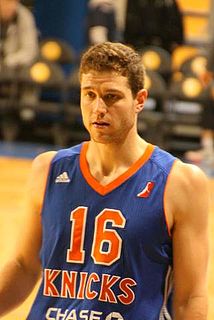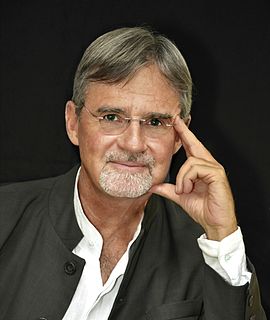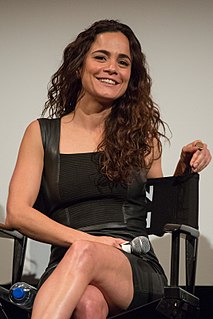A Quote by Ronen Bergman
I'm the son of two Holocaust survivors. As a child, I heard from one of my parents' best friends about living through Mengele's infamous selection process at Auschwitz. He haunted my nightmares.
Related Quotes
The building in the Bronx where I grew up was filled with mostly Holocaust survivors. My two best friends' parents both survived the camps. Everyone in my grandparents' building had tattoos. I'd go shopping with my grandparents, and the butcher, the baker, everybody in the whole neighborhood had tattoos.
I believe that at the beginning of the life of every artist there is some kind of trauma. We have a problem and all of our life we try to speak about this problem. My trauma was historical. When I was three or four, all the friends of my parents were survivors of the Holocaust; they spoke a lot about that. My father was hiding during the war, it was something totally present when I was a boy. It is sure that it has made me.
I know in my own marriage I stayed in it to provide my son with what I thought was a stable background and to give him what I thought was the family life a child should have with two parents. But that isn't always the best way, and it took me taking my son to therapy after the divorce to really see it.
I know in my own marriage I stayed in it to provide my son with what I thought was a stable background and to give him what I thought was the family life a child should have with two parents. But that isnt always the best way, and it took me taking my son to therapy after the divorce to really see it.
You have to understand that I'm a child of the second generation, which means my mother was in Auschwitz, and the aunt of my mother was in Auschwitz with her; my grandmother and grandfather died there. So yes. All of those gestures they work for you, or for them, to fill their time or not feel their anxiety. But the child feels everything. It doesn't make the child secure. You put the child in a jail.
Now let me step back from the problem and very generally discuss natural selection and what we know about it. I think it is safe to say that we know for sure that natural selection, as a process, does work. There is a mountain of experimental and observational evidence, much of it predating genetics, which shows that natural selection as a biological process works.

